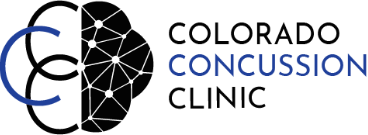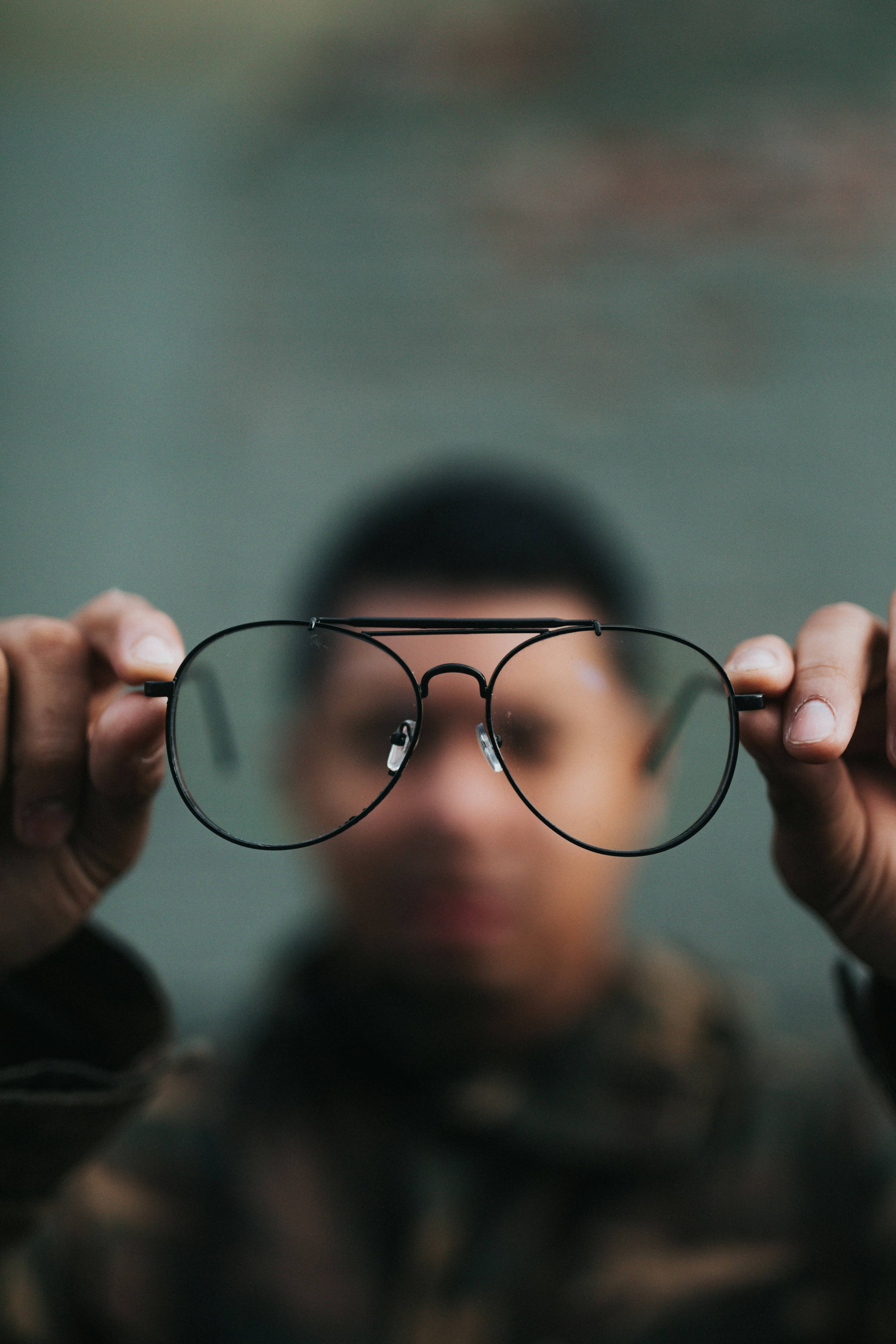According to the Neuro-Optometric Rehabilitation Association, up to 90% of people following traumatic brain injury experience visual issues. 90%!! Given that the visual system is such a big driver of symptoms, we thought we would delve into the different symptoms that can occur due to visual dysfunction, as well as the most common visual dysfunctions seen following concussion.
Up to ⅓ of symptoms experienced following a concussion can be visual in nature. The most common visual symptoms are as follows:
Blurred vision (constant or intermittent)
Double vision
Difficulty reading or sustaining reading
Light sensitivity indoors, outdoors, or on screens
Difficulty tracking or keeping place when reading
Eye pain or strain
Dryness or irritation of eyes
Motion sensitivity (bothered by motion or crowded environments)
Difficulty shifting focus from near to far/far to near
It’s important to mention while we are discussing symptoms that visual issues can also contribute to dizziness, balance impairment, and headache - but are often missed.
Visual dysfunctions are correlated with prolonged or incomplete recovery following a concussion, so it’s important that a comprehensive evaluation include an assessment of the visual system. The most common visual dysfunctions after concussion are:
Dry eye - up to 90%
Eye tracking issues - up to 70%
Accommodative (focusing) issues - up to 66%
Convergence insufficiency (eye teaming) - up to 66%
Light sensitivity - up to 59%
The good news is that there is a lot that can be done to treat visual dysfunction and symptoms! Optometrists specializing in neuro-optometric rehabilitation can be especially helpful. Neuro-optometrists can prescribe spectacles to correct any visual acuity issues. They can also prescribe the appropriate tints and filters for lenses to decrease light sensitivity for inside and outside. They provide treatment for dry eye. And one of the biggest areas where they can make an impact is in providing neuro-optometric rehabilitation therapy (often called vision therapy). The focus of vision therapy is improving the efficiency of visual processing and retraining the neurological control of eye movements and focusing to achieve optimal visual functioning.
Given the high prevalence of visual dysfunction, evaluation of the visual system is an essential part of a thorough concussion assessment. Prompt treatment of visual issues can get you on the road to recovery faster!

